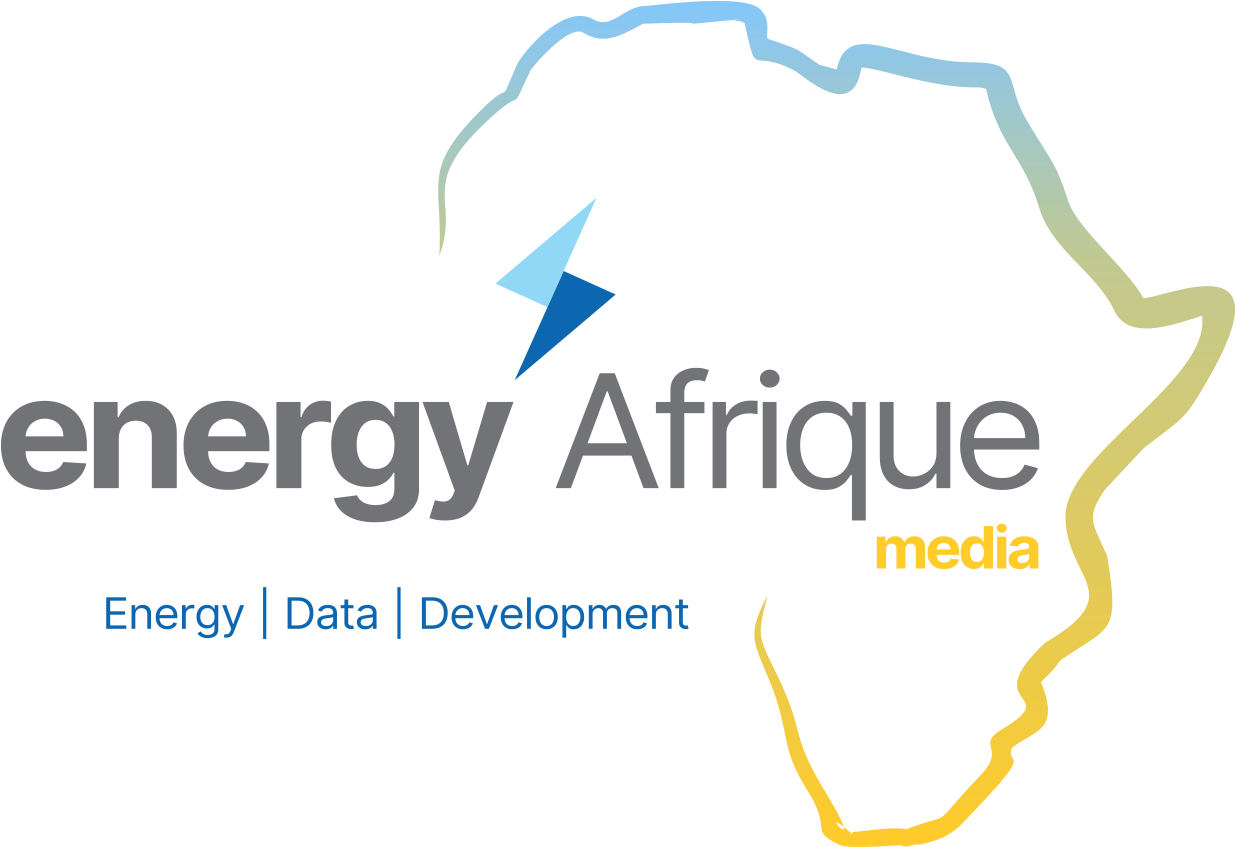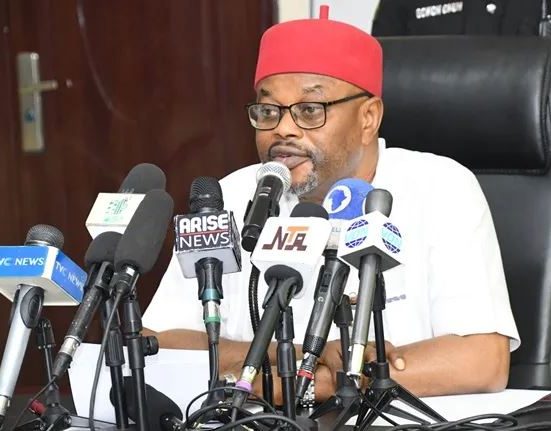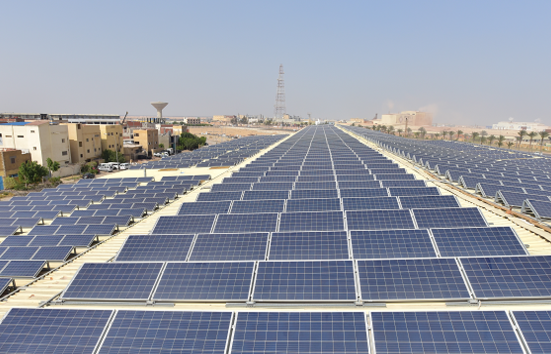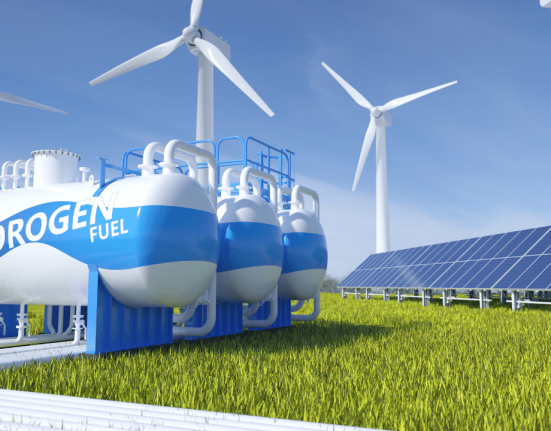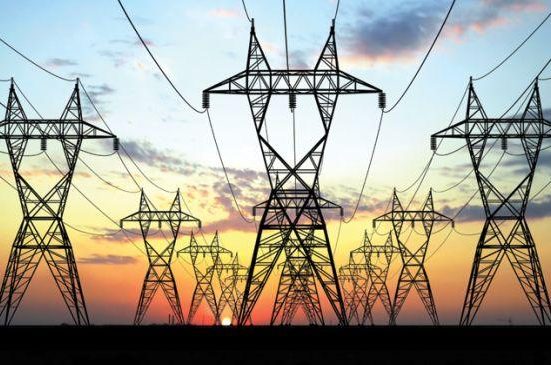Nigeria’s quest for a stable and sustainable energy future has gained momentum as it emerges that the country holds the remarkable potential to generate a staggering 427,000 megawatts of electricity from solar energy. In a recent workshop on renewable energy penetration and stakeholder roles, the Chief Executive Officer of the Association of Power Generation Companies (Gencos), Joy Ogaji, revealed the country’s untapped capacity for green energy.
According to Punch Ogaji said “The potential of renewable energy in Nigeria is huge, and the country has solar radiation of 3.5 to 7.0 kWh/m2 per day, hence 427,000MW can be generated in Nigeria from solar alone. Hydro resources are estimated at 14,750MW. Wind speeds of 2-5m/s with a potential of 150,000 TJ per year.”
With an abundance of sunlight and natural resources, Nigeria’s solar radiation ranges from 3.5 to 7.0 kWh/m2 per day. Leveraging this abundant energy source could be the key to solving the country’s energy crisis, which currently sees Nigeria generating less than 4,000MW to meet the demands of over 200 million people.
During the workshop, experts and stakeholders underscored the potential for renewable energy to transform the nation’s energy landscape. However, the high cost of renewable energy at approximately $0.55 to $0.6/kWh presents a challenge in competing with the current utility cost of approximately $0.105/kWh.
Despite these hurdles, stakeholders are optimistic about the prospects of renewable energy in Nigeria. According to Prof. Magnus Onuoha, President of the Renewable Energy and Energy Efficiency Associations Alliance (REEEA-A), adopting renewable energy on a large scale could create countless green jobs, empower women and youth, and fuel entrepreneurial growth.
To realize this ambitious vision, Nigeria must address the low domestic demand that hinders investments in large-scale renewable energy projects. Effective planning and monitoring are essential to reduce reliance on emergency rental plants and lower costs.
As the nation moves towards implementing its Energy Transition Plan (ETP), stakeholders and policymakers must work together to facilitate the growth of renewable energy infrastructure and create an enabling environment for producers and consumers. Unlocking Nigeria’s renewable energy potential could pave the way for a greener, more sustainable, and prosperous future for all Nigerians
